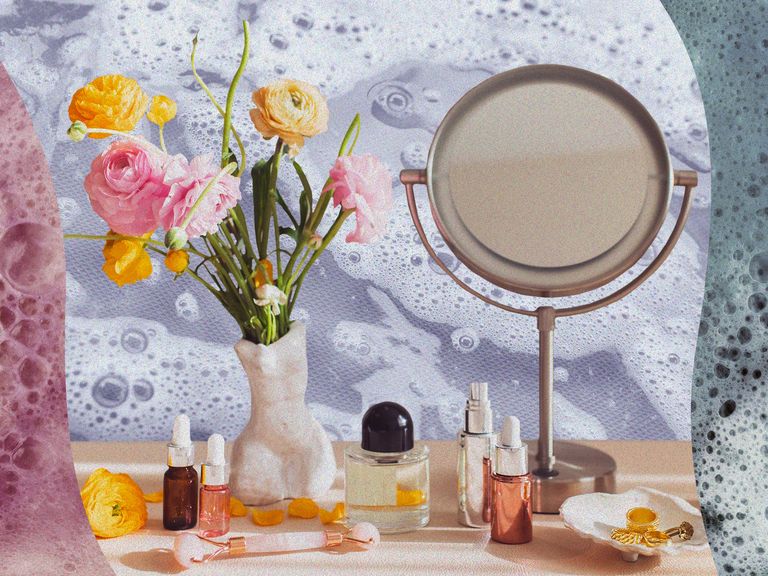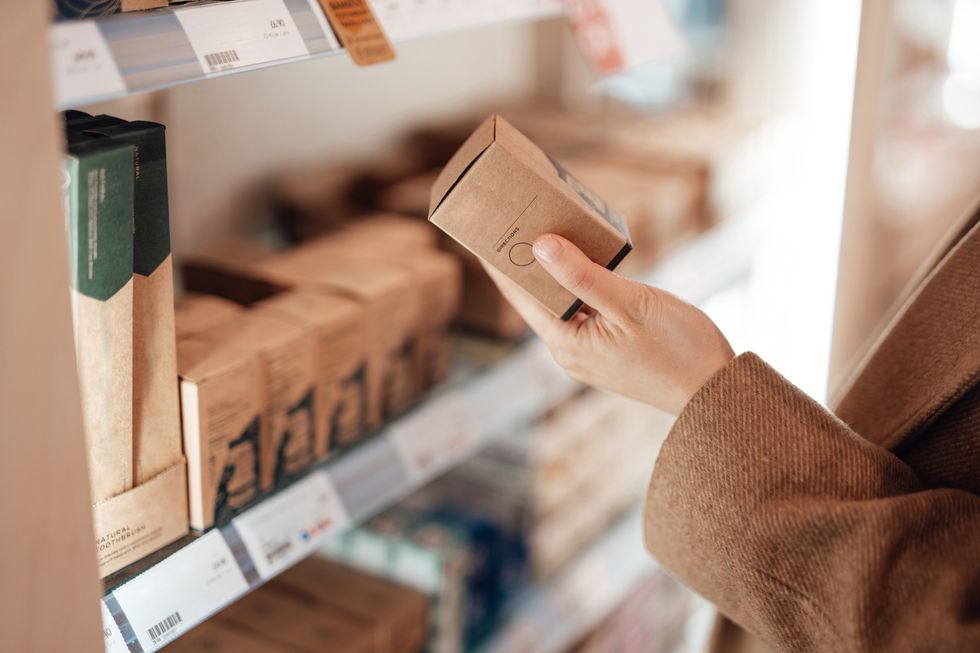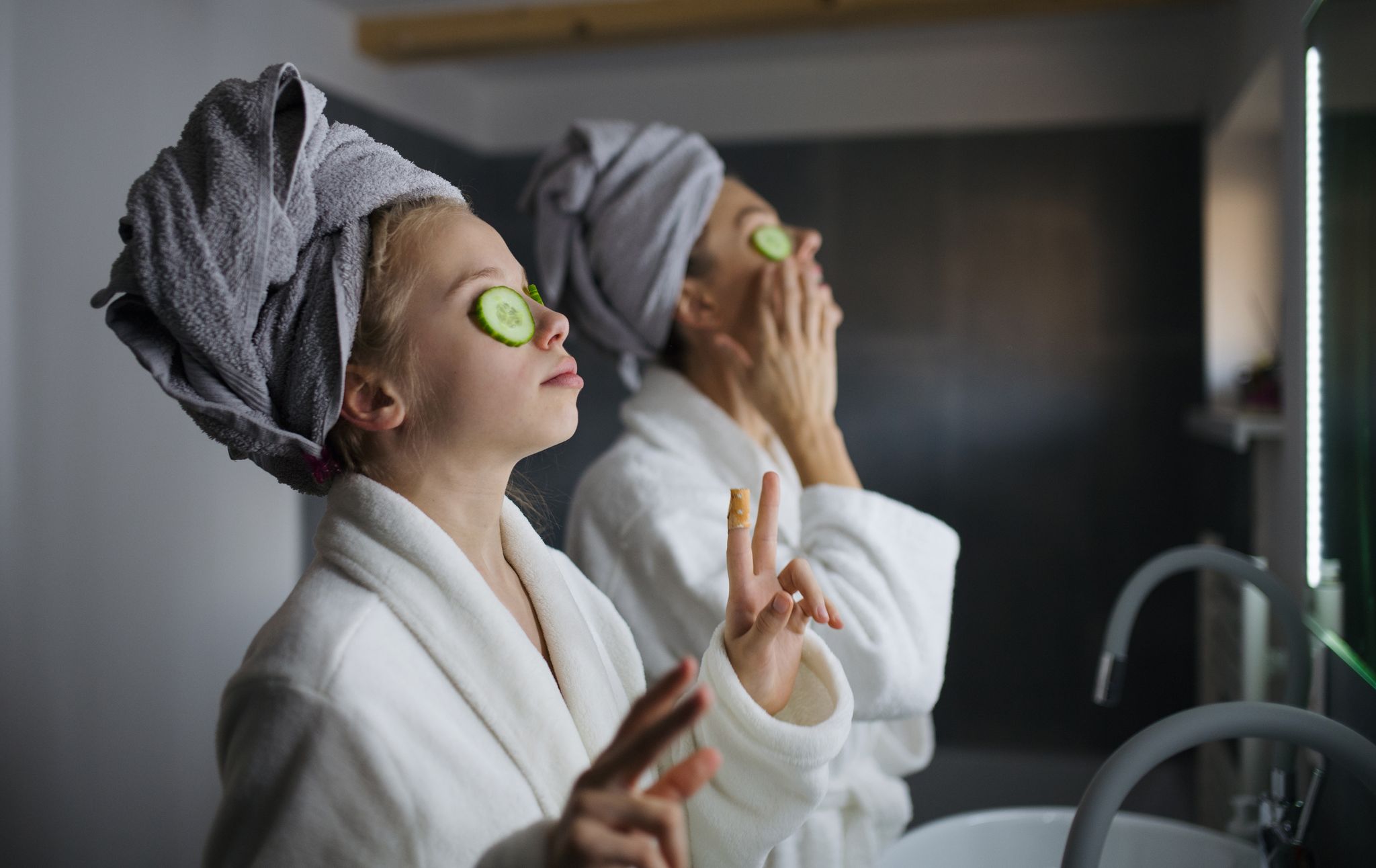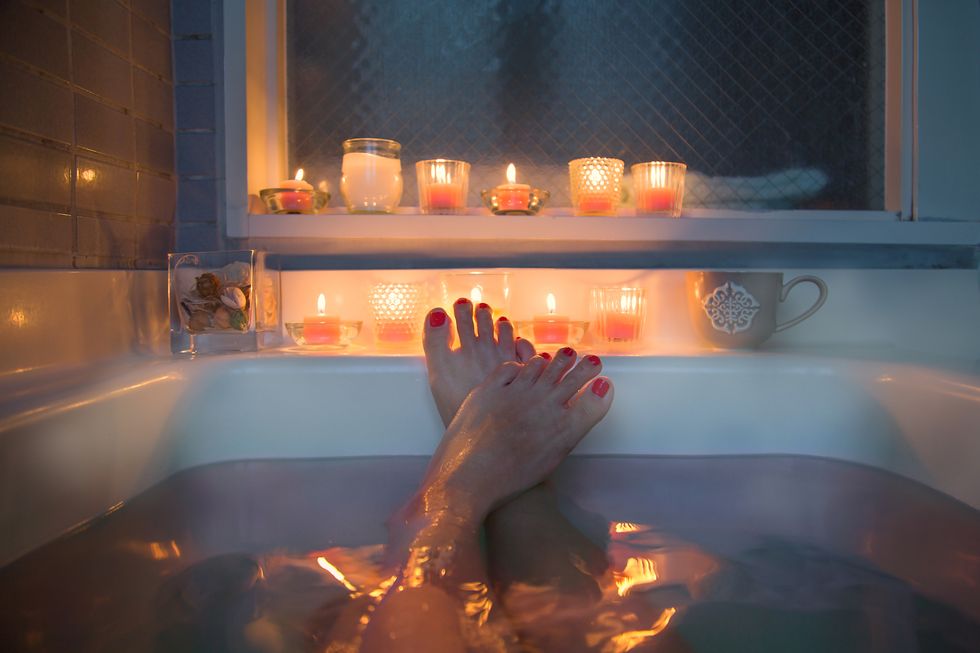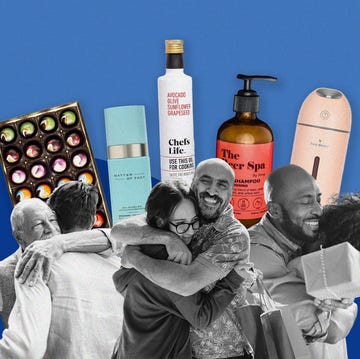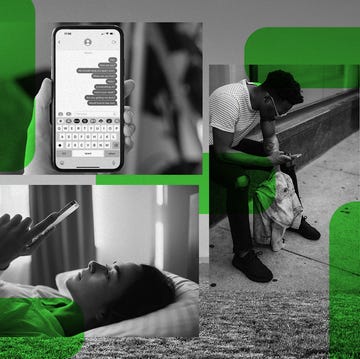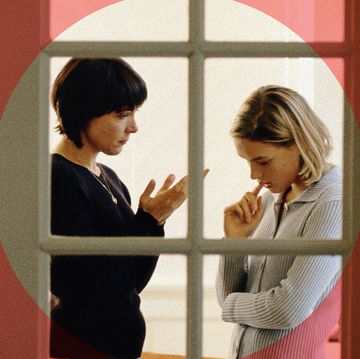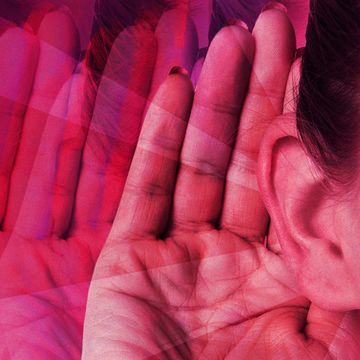My 13-year-old daughter and I are standing in line at Ross browsing the checkout aisle. The things we add to our basket include caramel sea salt chocolate, lipstick, chocolate eggs, and rejuvenating face masks. “These are all the things we don’t need that we desperately need,” I tell her. The truth is that I’d never buy any such indulgences for myself if Julianna wasn’t there to urge me on.
While the total purchase only comes to about $30 — which seems like a small fee for the benefits of self-care — I was raised in a household where money was so tight that my parents often “borrowed” the birthday funds my grandparents sent me each year. To get through college, I relied on financial aid and scholarships. I learned as a young adult to save for what I most wanted. By my late teens, I ignored the desire to purchase anything that would simply be fun.
Julianna has never lived with that kind of self-denial. Most importantly, she doesn’t seem to struggle with the question that plagues so many women: Do I deserve this? Instead, she embraces pampering by slathering on hand creams, deploying bath bombs, and wrapping her feet in exfoliating masks. Watching her spend a little time each day on these things is finally teaching me how to take care of myself after a year of intensively caring for others.
In November 2021, my husband was hospitalized for nine days with anxiety and depression. When he was released, he still wasn’t stable, and I became his full-time caregiver. I was responsible for doling out his daily medications and keeping him safe. I spent 12 months in a state of extreme hypervigilance. I stopped sleeping well. My appetite plummeted. A lifelong reader, I struggled to merely finish an escapist rom-com novel. “I can’t even relax at the end of yoga,” I told my friends. “When I close my eyes, my body still feels charged.”
As my husband’s mental health improved, mine continued to tank. Caregiver burnout is real. It can sap you of energy before you realize you’re drowning. I was completely depleted. For the first time in my life, I wondered if I needed to start taking antidepressants. Before I called my doctor, I wanted to try all the non-pharmaceutical methods I could to boost my mood and begin to refocus attention on myself.
I was already exercising regularly, spending time in nature, and seeing a therapist. But something was missing. These behaviors, which are proven to be incredibly effective, felt too much like work. I had to rally and find the energy just to do them. What I needed in my life was more rest and moments when I could replenish what I lost.
Pampering products and self-care regimes have a “time out” quality where you can set a timer to about 15 to 20 minutes and check out from the rest of the day. It’s one of the aspects that makes self-care relaxing, and it’s been scientifically proven to boost our mood.
Researchers in Greece studied 154 working women, divided into three groups: married women, women with children, and women taking care of a loved one. The scientists found that self-pampering was an important tool to ward off depression. Married women who regularly pampered themselves were less depressed than married women who didn’t. Among those surveyed, women with children who denied themselves self-pampering reported the highest levels of depression.
These findings may be one of the reasons why we spend more than $900 billion each year globally on personal care and beauty products — and why we’re willing to hand over our hard-earned dollars for something as ridiculous-seeming as a box of rose hydrogel lip masks that look like red lipsticked, oversized mouths.
During the pandemic, the amount spent on beauty and self-care items actually decreased as rates of depression and anxiety increased in a mounting mental health crisis. Now, consumers are once again returning to pampering, and the amount spent on personal care and beauty is expected to increase 8.1 percent.
Julianna is more than happy to do her part to support the global economy. She engages in some sort of pampering — from facial steaming to hair masks — daily. I can see that the rituals calm her teenage turmoil and have helped her cope with the stress of our family’s difficult year. But there’s still a small part of me that balks at these purchases of creams and balms, wondering why I should spend money on something that my own mother would have considered frivolous.
The answer, I know, lies in our mind-body connection. Science shows that focused relaxation can reduce stress in the body. Taking a bath, getting a massage, or using products with essential oils can reduce blood pressure, improve sleep, and even aid in digestion.
I have learned these past few months that there is something inescapably healing about passively relaxing in a bath or applying a face mask. You don’t have to leave the house, find a special outfit, or schedule an appointment. You can spontaneously decide to stop what you’re doing and focus on being for just a bit. But even knowing that we require daily rest (other than sleep), I still have to set aside the guilt of focusing so much time on myself.
This emotional response seems like a learned behavior that women who do most of the caregiving work use to justify or talk ourselves out of getting the time we need to take care of ourselves. When Julianna was a baby, I stopped taking bubble baths. I simply didn’t have time to spend on anything that wasn’t essential. She was colicky, and even after she grew out of her infant fussiness, I was setting aside my own wants and needs in favor of hers.
Over the past year, I’ve learned all too well that the effects of this type of self-denial add up. It wreaks havoc on our minds and bodies until the cumulative effects of stress can no longer be ignored. Therefore, I’ve started taking long baths again. I soak at least once a week in the tub, using the bath salts and scented candles that Julianna buys me. I turn off the lights, close the door, and forget about the chaos of what else is going on in the house and remember to focus, at least briefly, on letting go.
I’m not naïve enough to think that a warm soak in the tub or a $3 face mask is a cure-all for difficult times. I have regular practices for my mental health, including going to therapy, exercising, and seeing friends. They have helped me through my difficult year. However, I now have another simple tool for when my nervous system is overwhelmed by the stresses of work, marriage, and motherhood.
“Do you want a face mask?” Julianna asks me when she senses a tension I haven’t even noticed yet in my body. I look at the pile of dinner dishes in the sink and at the clock and think, “I don’t have time.” Then, I remind myself that I can do household chores later. Or better yet, I can ask my husband to step in so that I have more time for myself.
I follow my daughter upstairs to her room. As I lie in Julianna’s bed, I feel my breathing deepen as she carefully applies a rose-scented face mask and smooths it out with her fingers. The muscles in my body relax as the liquid soaks into my skin. For the first time all day, I feel fully present in my body. Julianna sets a timer on her phone for 15 minutes and sits in her reading area listening to an audiobook. She checks on me every few minutes, then decides to use a face roller over the mask.
When she’s done fussing over me, Julianna opens her gold face mask and starts to apply it. She’s deliberate as she unfolds the wet paper and applies it to her face. I can feel a rare sense of calm emanating from my teenager. The simmering anger she often feels dims. We sit quietly together, basking in the joy that comes from taking care of ourselves and each other.
Amy Ettinger is a Santa Cruz, California-based writer and the author of Sweet Spot: An Ice Cream Binge Across America.
Get Shondaland directly in your inbox: SUBSCRIBE TODAY
